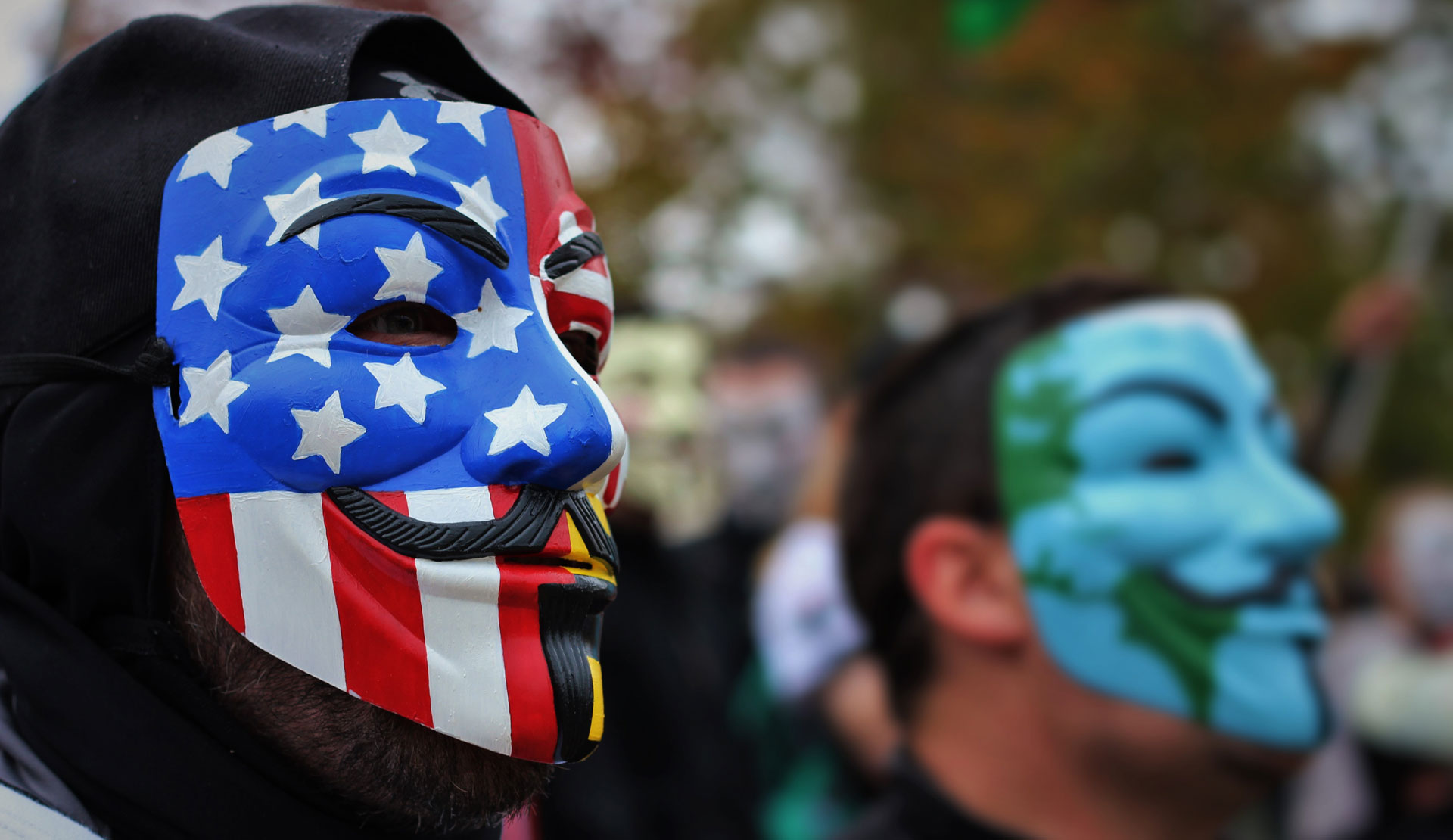hat makes one a hero? I learned the answer to that question when the traveling version of the Vietnam War Memorial – the Wall – was displayed in my community.
While visiting the Wall, I talked to a veteran of the Vietnam War, during which time he told me just who were the heroes of the Vietnam War. The heroes were the men whose names were written on the Wall.
In short, a hero is one who dies for a noble cause.
The American soldiers who died in the Vietnam War are regarded as heroes because the cause that they fought for was considered to be noble. Granted, the reason for the U.S. military fighting in Vietnam was muddled. Still, the Americans who favored U.S. involvement in Vietnam perceived that conflict as being a fight to keep people free from Communist tyranny.
Fighting to give people freedom is generally accepted as a noble cause, but what about fighting for the opposite reason?
The latter took place in the USA from April 12, 1861 to May 9, 1865.
Prior to that time, political leaders in the slave states noticed something that alarmed them. The westward expansion of slavery was being prevented by the free-state control of the federal government, and eventually there would be enough free states to amend the U.S. Constitution to outlaw slavery.
Then Abraham Lincoln was elected President on November 6, 1860. To the political leaders of the slave states, Lincoln’s election meant that their worse fears were coming true. So, on April 12, 1861 at 4:30 AM local time, the Confederate military started the U.S. Civil War by firing on Fort Sumter.
The April 2011 issue of Smithsonian Magazine describes the cause of the Civil War. Here is an excerpt from the magazine:

. . . Generations of historians have argued over the cause of the war. “Everyone knew at the time that the war was ultimately about slavery,” says Orville Vernon Burton, a native South Carolinian and author of The Age of Lincoln. “After the war, some began saying that it was really about states’ rights, or a clash of two different cultures, or about the tariff, or about the industrializing North versus the agrarian South. All these interpretations came together to portray the Civil War as a collision of two noble civilizations from which black slaves had been airbrushed out.” African-American historians from W.E.B. Du Bois to John Hope Franklin begged to differ with the revisionist view, but they were overwhelmed by white historians, both Southern and Northern, who, during the long era of Jim Crow, largely ignored the importance of slavery in shaping the politics of secession.
Fifty years ago, the question of slavery was so loaded, says Harold Holzer, author of Lincoln President-Elect and other works on the 16th president, that the issue virtually paralyzed the federal commission charged with organizing events commemorating the war’s centennial in 1961, from which African-Americans were virtually excluded. (Arrangements for the sesquicentennial have been left to individual states.) At the time, some Southern members reacted with hostility to any emphasis on slavery, for fear that it would embolden the then-burgeoning civil rights movement. Only later were African-American views of the war and its origins finally heard, and scholarly opinion began to shift. Says Holzer, “Only in recent years have we returned to the obvious — that it was about slavery.”
As Emory Thomas, author of The Confederate Nation 1861-1865 and a retired professor of history at the University of Georgia, puts it, “The heart and soul of the secession argument was slavery and race. Most white Southerners favored racial subordination, and they wanted to protect the status quo. They were concerned that the Lincoln administration would restrict slavery, and they were right.””
So, contrary to the claims made by Confederacy apologists, slavery was the cause of the Civil War. The Confederate soldiers who flew the Battle Flag of the Army of Northern Virginia (now commonly called the Confederate flag) were soldiers who fought to keep black Americans enslaved.
Were the Confederate soldiers who fought to keep black Americans enslaved heroes?
Answer: No. The Confederate soldiers didn’t fight for a noble cause. Instead, they fought for an ignoble cause – the continued enslavement of black Americans. That fact means that Confederate soldiers don’t qualify to be called heroes. Sure, they were brave, but bravery alone doesn’t make one a hero. The Japanese Kamikaze of World War II were brave, too, but one probably won’t find an American veteran of World War II who would call the Kamikaze heroes.






